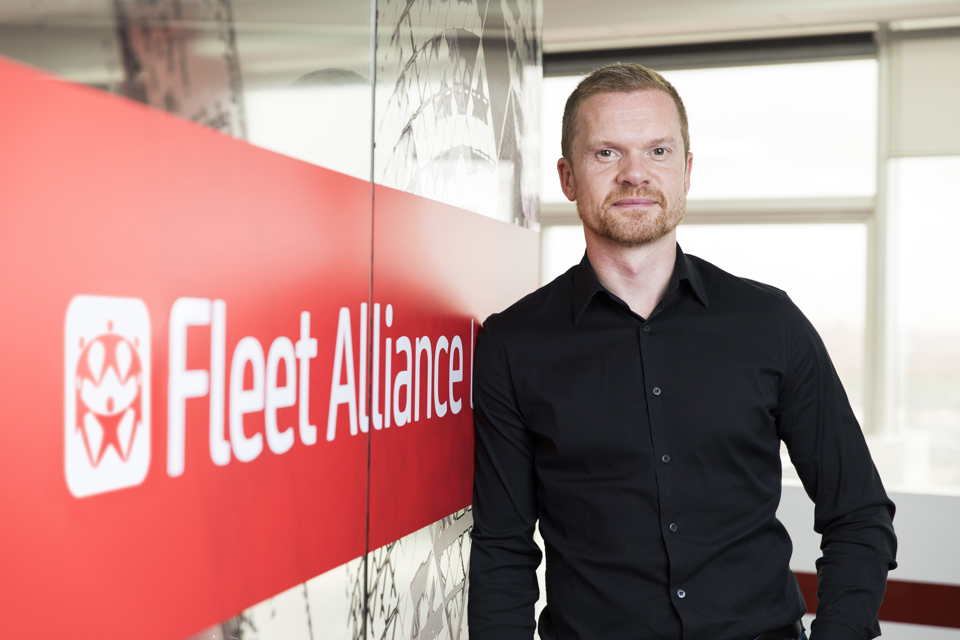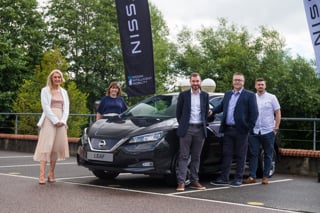Fleet Alliance has launched a new salary sacrifice scheme with focus on offering zero-emission cars to SMEs.
The scheme is open to businesses of all sizes, but Fleet Alliance believes it offers particular value to SMEs.
Fleet Alliance’s multi-bid funding solution, which employs competitive tendering among a panel of funders, enables the company to provide vehicles for a lower cost.
Under the new salary sacrifice scheme, a Volkswagen ID3 would cost a 20% taxpayer £365 per month compared to £566 for the same vehicle under a PCH scheme.
Martin Brown (pictured), managing director of Fleet Alliance, said: “We believe our new salary sacrifice scheme offers benefits for businesses of all sizes.
“But we believe it will resonate especially with SMEs for whom this type of scheme has not been widely available. Its advantages of lower leasing costs, full maintenance, fully comprehensive insurance and the option to tailor lifestyle protection offer particular value to SMEs.
“Now is the perfect time to launch such a scheme for all our customers and prospects, as it takes maximum advantage of the prevailing tax regimes and the growing movement to electrification.”
Salary sacrifice schemes enable companies to provide employees who would not normally qualify for a company car – or those who have opted out in favour of a cash allowance - with ready, cost effective access to fully maintained, zero emission vehicles at no extra cost to the business.
The low monthly cost is achieved through savings in Income Tax, National Insurance Contributions (NIC) and Value Added Tax (VAT), offset marginally by a small Benefit-in-Kind (BIK) tax charge.
As BIK tax rates remain attractive for fully electric cars due to the super-low 1% rate for the current tax year, which is then capped at 2% until the end of 2024/25, Fleet Alliance says significant tax savings should be available for at least the next four years.
The number of businesses offering salary sacrifice schemes to non-company car drivers has risen from 39% to 53% in the last year, according to the Arval Mobility Observatory Barometer.
Shaun Sadlier, head of Arval Mobility Observatory in the UK, said that the zero or low benefit-in-kind (BIK) tax rates on electric cars introduced by the Government in April 2020 had powered the majority of this increase in salary sacrifice schemes.
He said: “Low taxation on EVs has made salary sacrifice a very attractive option for employees and employers, meaning that the latest, most advanced and environmentally-friendly cars can be offered to staff at extremely attractive monthly rates.
It replaces the firm’s traditional lease scheme which funds 450 cars; a further 1,050 staff choose cash and Willmott Dixon’s chief financial officer Graham Dundas hopes salary sacrifice will encourage them back into the scheme.
He said: “In introducing salary sacrifice, we are seeing the number of people coming back into the scheme increasing quickly – more than 175 have opted in and placed orders since January, many of which are additional to the 450 car drivers.”























Login to comment
Comments
No comments have been made yet.